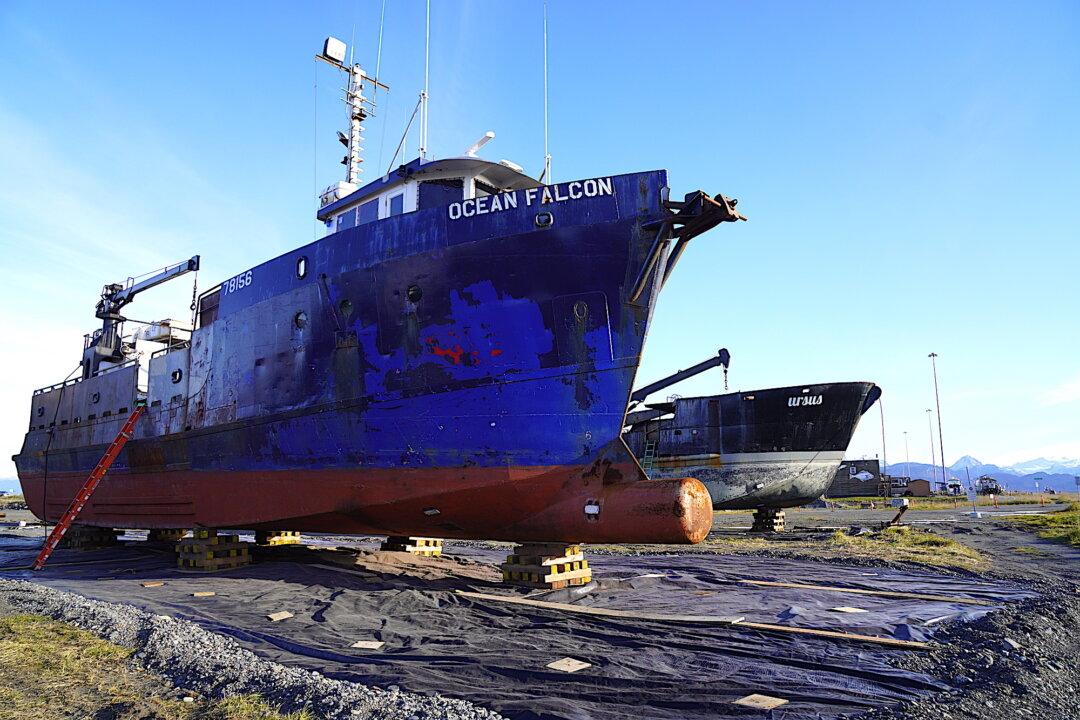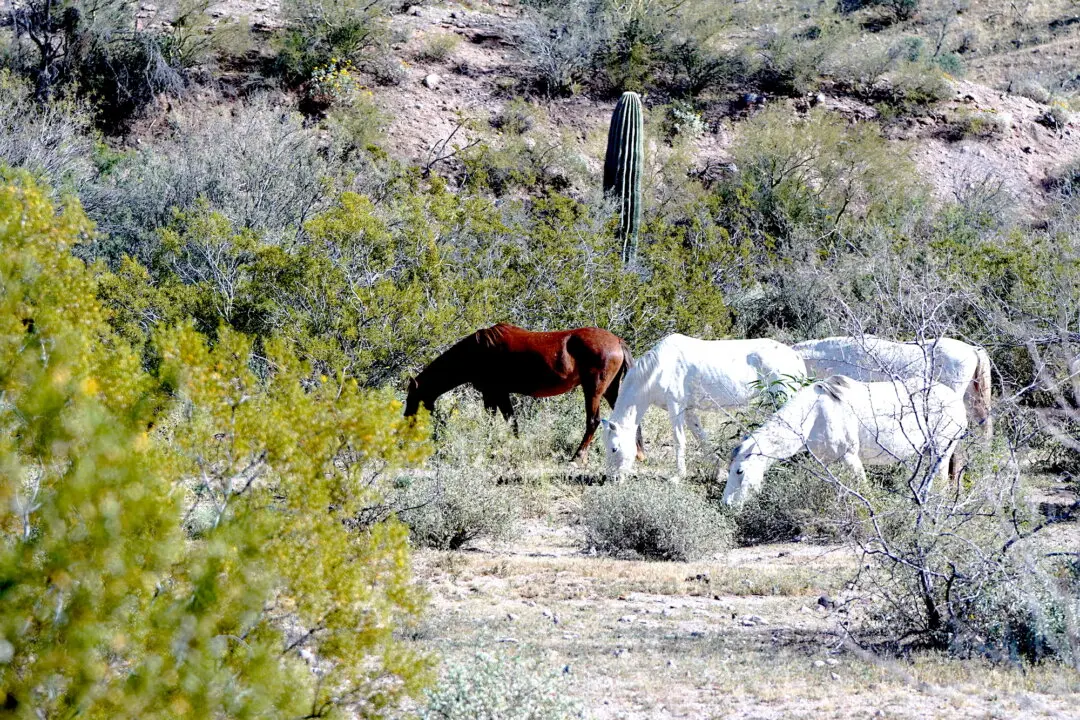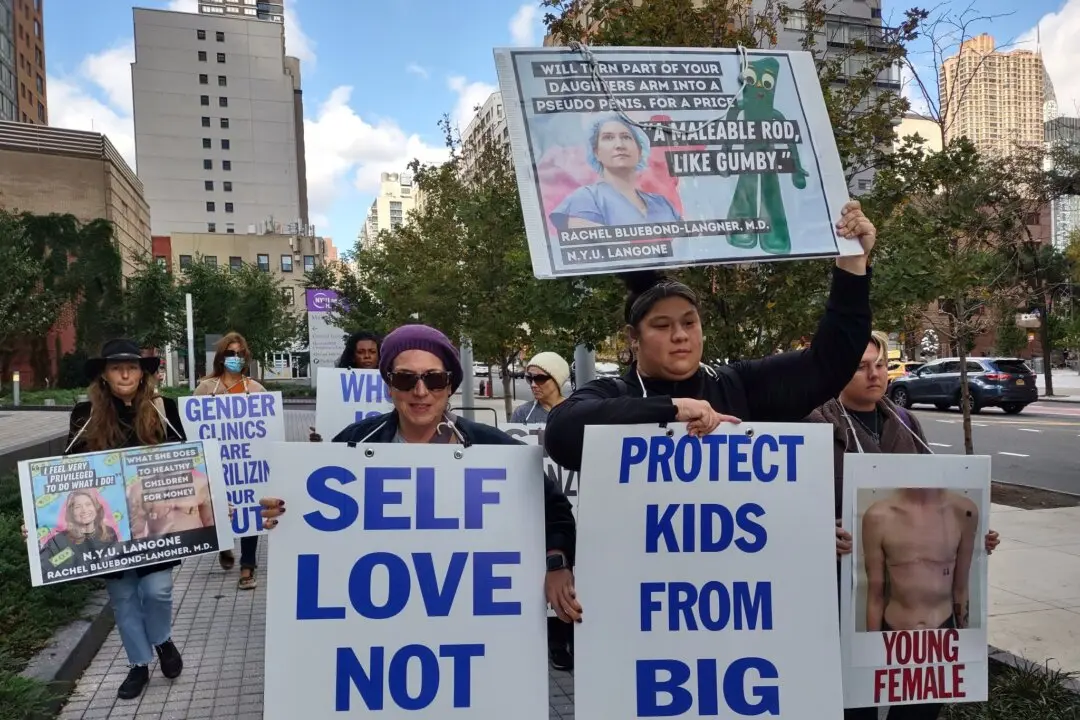Alaska crabbers could receive $300 million in federal disaster relief after the state suspended the 2022 harvest season for the first time in history over a rapidly declining snow crab population.
The U.S. Senate last week approved the funding for fishery disasters in a massive $1.7 trillion omnibus bill for 2023.





